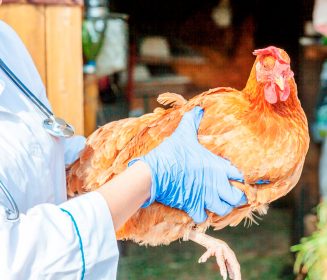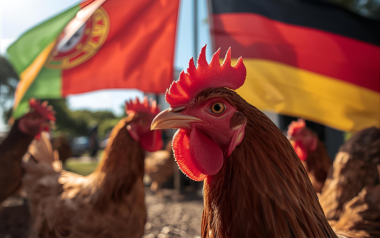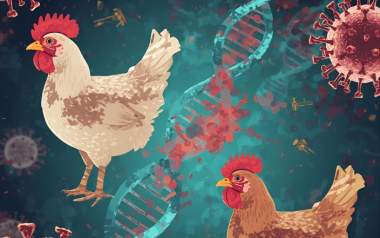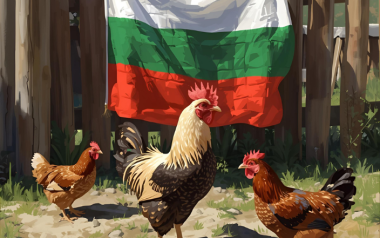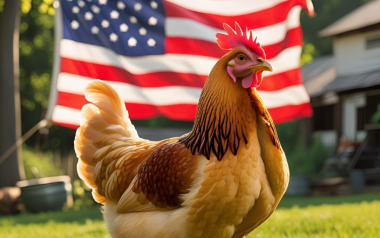Sources: Available upon request.
19 Nov 2024
Resurgence of Avian Influenza in Quebec poultry farms
In a concerning development for the poultry industry, avian influenza has resurfaced in Quebec, Canada, after a period of relative calm. The Canadian Food Inspection Agency (CFIA) confirmed two new infections in commercial poultry flocks, marking the first cases since February 2024.
In a concerning development for the poultry industry, avian influenza has resurfaced in Quebec, Canada, after a period of relative calm. The Canadian Food Inspection Agency (CFIA) confirmed two new infections in commercial poultry flocks, marking the first cases since February 2024. This resurgence highlights the persistent threat of avian influenza and the challenges it poses to both animal health and the poultry industry.
Recent outbreaks
The latest outbreaks were detected in two regions: Les Maskoutains and La Vallée-du-Richelieu. The CFIA reported that the presence of highly pathogenic avian influenza (HPAI) was confirmed in these areas on November 17 and 18, respectively. The specific details regarding the size of the flocks or the types of birds affected have not been disclosed. These new cases bring the total number of commercial poultry flocks affected in Quebec to four for the year 2024.
Impact on the poultry industry
The re-emergence of avian influenza in Quebec is a significant setback for the poultry industry, which had been free from the virus for several months. The outbreaks necessitate stringent biosecurity measures to prevent further spread. Control zones have been established around the affected farms to contain the virus. These measures are crucial to protect other poultry farms in the vicinity and to minimize economic losses.
Broader implications
Quebec is not the only province in Canada grappling with avian influenza. In 2024, other provinces, including British Columbia, Alberta, Saskatchewan, and Ontario, have also reported cases of HPAI in commercial poultry. This widespread occurrence underscores the need for continuous vigilance and robust biosecurity protocols across the country.
The resurgence of avian influenza also has implications beyond the poultry industry. The virus poses a potential risk to public health, although the transmission of HPAI from birds to humans is rare. Nevertheless, health authorities remain alert to any signs of zoonotic transmission.
Global context
The situation in Quebec is part of a broader global challenge. Avian influenza continues to affect poultry industries worldwide, with numerous countries reporting outbreaks. For instance, Costa Rica recently declared itself free of HPAI after successfully controlling the virus in domestic and wild birds. This global perspective highlights the interconnected nature of animal health and the importance of international cooperation in managing avian influenza.
Conclusion
The resurgence of avian influenza in Quebec’s poultry industry is a reminder of the ongoing challenges posed by this virus. The recent outbreaks necessitate immediate and effective responses to protect animal health and mitigate economic impacts. As the poultry industry and health authorities work together to contain the virus, continuous vigilance and adherence to biosecurity measures remain paramount. The situation in Quebec also serves as a call to action for global cooperation in addressing the persistent threat of avian influenza.







